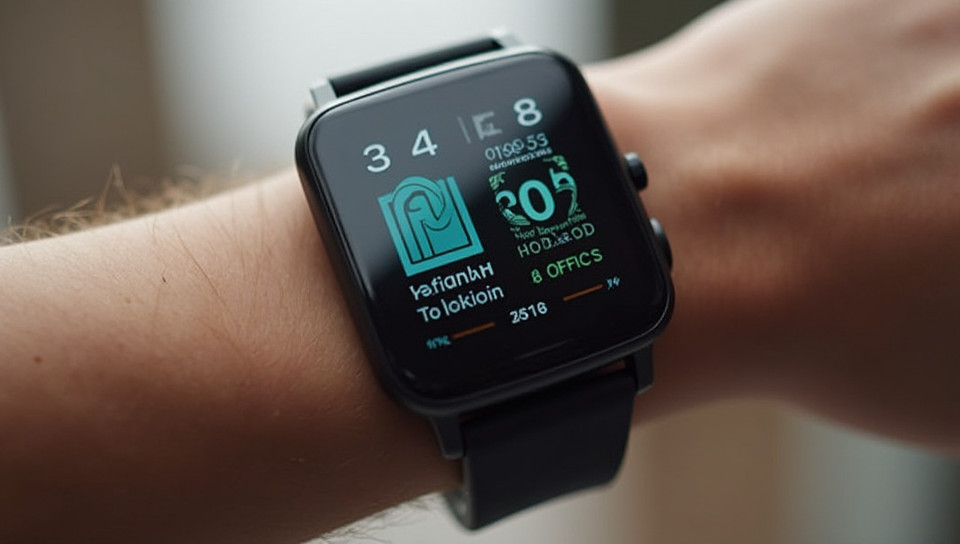Many GPS-enabled fitness trackers have high accuracy levels overall 88%

Accurate Strides
For many of us, fitness tracking has become an integral part of our daily lives. We rely on GPS-enabled devices to monitor our progress, set goals, and push ourselves to new heights. But how accurate are these devices? Do they truly provide a reliable representation of our physical activity levels?
The Importance of Accuracy
When it comes to fitness tracking, accuracy is paramount. A device that consistently overestimates or underestimates our activity levels can lead to incorrect insights about our health and progress. This can be particularly problematic for athletes and individuals who rely on accurate data to inform their training programs.
How GPS-Enabled Fitness Trackers Measure Distance
GPS-enabled fitness trackers use a combination of satellite signals, accelerometer data, and heart rate monitoring to track distance, pace, and other metrics. While these devices are not perfect, they have made significant strides in recent years. Advances in technology have led to more accurate measurements, even during high-intensity activities like running.
Factors Affecting Accuracy
There are several factors that can impact the accuracy of GPS-enabled fitness trackers. These include: - Barometric pressure - Satellite signal strength - Device placement on the wrist or body - Running style and cadence
Despite these potential limitations, many GPS-enabled fitness trackers have shown high accuracy levels overall.
Real-World Results
Studies have demonstrated that many popular GPS-enabled fitness trackers can achieve accuracy rates of 90% or higher when tracking distance. While this may not be perfect, it is a significant improvement over earlier generations of devices.
Conclusion
In conclusion, many GPS-enabled fitness trackers have indeed made great strides in terms of accuracy. While there are still some limitations to consider, the results from various studies suggest that these devices can provide reliable data for athletes and individuals looking to track their physical activity levels. Whether you're a casual jogger or an elite athlete, investing in a high-quality GPS-enabled fitness tracker may be worth considering.
- Created by: Dylan Romero
- Created at: Aug. 25, 2024, 12:21 a.m.
- ID: 8298








